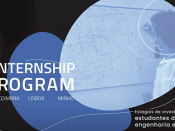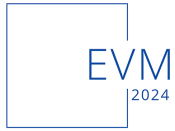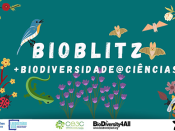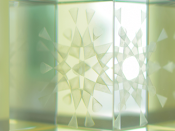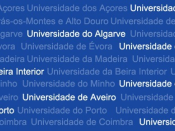Por Arantza Etxeberria & Ainhoa Rodríguez-Muguruza (IAS Research Group on Life, Mind and Society - Department of Philosophy, University of the Basque Country UPV/EHU).
Menstruation is a rare evolutionary phenomenon, even among mammals. A debate in the 1990s about the significance of menstruation for the health of modern menstruators appealed to evolutionary explanations to clarify whether menstruation has a proper biological function and whether it might be convenient, or at least not harmful, to suppress it. The aim of this talk is to explore what contribution evolutionary biology can make to this medical and social issue. Part of the debate is framed in functionalist terms, with arguments in favour of suppression suggesting that menstruation has no function or that menstruators in prehistoric times bled less frequently, while other proposals seek to assign a specific aetiological function to menstruation in the hope of highlighting its adaptive significance for the organism. In contrast to those, structuralist approaches along the lines of evo-devo stress that menstruation is related to the evolutionary novelty of endometrial decidualisation. They align with the physiological view that interprets this process as a preparation for pregnancy, and menstruation as the shedding of a transient layer of cells that is not reabsorbed in the absence of implantation. Menstruation is then examined from the perspective of the need for endometrial repair and regeneration, or of its resemblance to parturition in menstruating taxa. Moreover, in its evolution menstruation may have triggered a cascade of physiological changes in menstruating organisms, affecting reproductive aspects related to the menstrual cycle, but also other metabolic, immune, endocrine, or vascular factors with which it is closely interrelated. In sum, philosophical analyses of the concepts of health and disease should take into account the role of menstruation as a complex phenomenon with an important impact on the biological organization and health status of menstruating organisms, but that is rarely included in such discussions. In this talk, we will examine and compare the functionalist and structuralist accounts of the evolution of menstruation, with the aim of considering how each establishes the relationship between evolutionary biology and judgments of health and disease in the context of an evolutionary medicine.
Transmissão via Zoom (pw: 315573).





